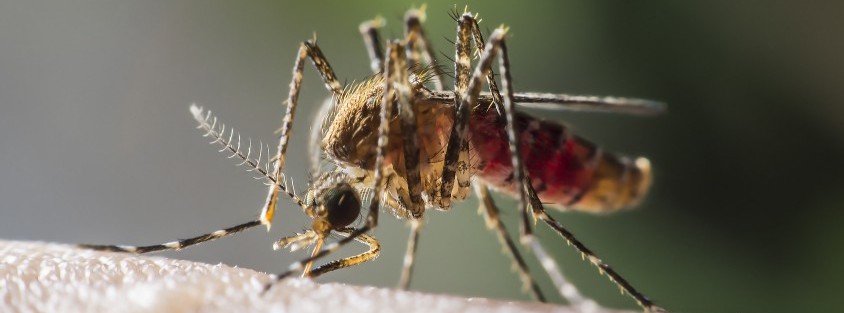Concerns over the Zika virus have focused on pregnant women due to mounting evidence that it causes brain abnormalities in developing fetuses. However, new research to which Alexey Terskikh, PhD, associate professor in the Development, Aging, and Regeneration Program, contributed, provides tentative evidence that certain adult brain cells may be vulnerable to infection as well. These cells replace lost or damaged neurons throughout adulthood, and are critical to learning and memory.
“We examined whether the Zika virus can get into the adult brain by infecting mice. Since normal adult mice are resistant to Zika, we used special mice that lack a major antiviral response,” said Terskikh. “We found that in these mice the virus infects neural progenitor cells (NPCs). This suggests that people who have been infected with Zika might, in the long term, develop neurological symptoms such as memory or mood problems—and people with weakened immune systems would be especially vulnerable.”
The investigation, published in Cell Stem Cell, was co-led by Joseph Gleeson, MD, adjunct professor at Rockefeller University, and Sujan Shresta, PhD, professor at the La Jolla Institute of Allergy and Immunology. Terskikh’s lab performed the experiments, which he helped design, in parallel with the other teams.
In adults, NPCs are found in two small regions of the brain. Infection correlated with evidence of cell death and reduced generation of new neurons in these regions. Similar deficits have been linked to cognitive decline and depression.
Since Zika infections in healthy humans lead to much lower viral counts than those in the mice in the study, whether the virus enters the brain in typical cases remains unclear.
“The majority of adults who are infected with Zika rarely show detectable symptoms,” said Shresta. “Its effect on the adult brain may be subtle, and now we know what to look for.”
To better understand the effects of Zika on normal adult brains, Terskikh’s lab is now using a different mouse line with a dampened, rather than absent, antiviral response.
The paper is available online here.
This post is based in part on a press release from Rockefeller University and the La Jolla Institute for Allergy and Immunology.
